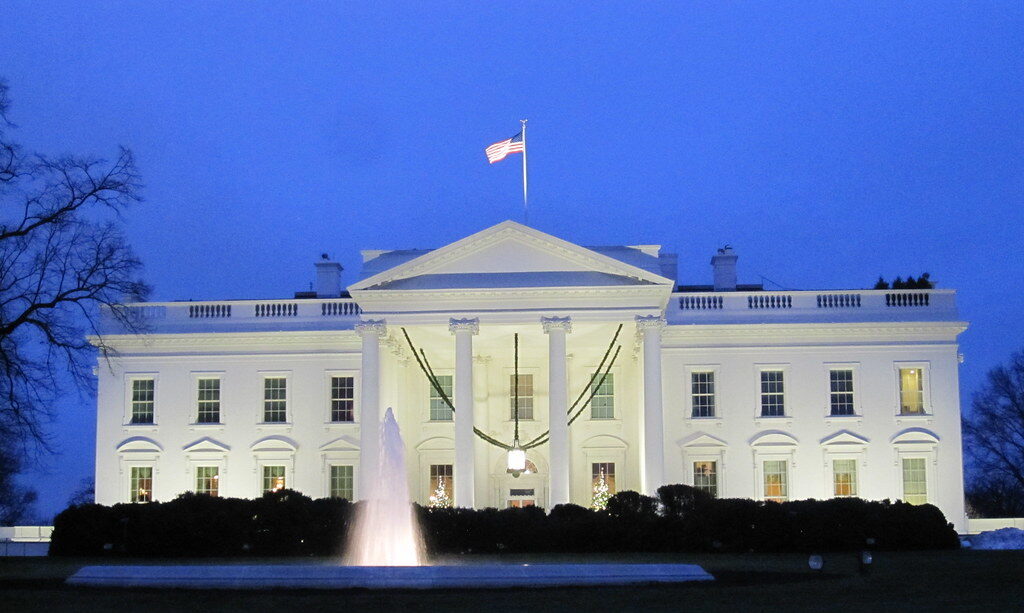Key Takeaways
- Federal law says furloughed workers will get back pay after a shutdown.
- The White House now claims back pay is not automatic.
- Unions and Democrats call this a broken promise.
- Thousands of workers face financial stress and uncertainty.
Back Pay Battle Heats Up
Yesterday, a memo from the Office of Management and Budget said not all furloughed workers will get back pay. This surprised many people. Last month, a government agency said clearly that furloughed staff would receive retroactive pay. That guidance matched a law signed by the president in 2019. Yet now, the administration claims the law doesn’t cover everyone.
Why Is Back Pay in Question?
The Government Employee Fair Treatment Act states workers will be paid for any unpaid furlough days. Therefore, most experts believed back pay would happen automatically. However, the White House says money must come from a new act of Congress. A senior official noted that other agencies gave different guidance, but OMB outranks them.
President Trump added fuel to the fire when reporters asked if all furloughed staff would be paid. He said it depends on “who we’re talking about.” He also hinted some workers “don’t deserve” back pay. Then he suggested people ask Democrats that question.
How Unions Reacted
Union leaders slammed the new stance. The American Federation of Government Employees said the argument against back pay misreads the law. Its national president called the White House position “frivolous” and “inconsistent” with prior guidance. Moreover, he urged Congress to end the shutdown rather than debate pay details.
The National Federation of Federal Employees also expressed outrage. Its president criticized House leaders for leaving town during the crisis. He told lawmakers to return and negotiate a funding deal. As a result, he said, “Our federal workers are suffering.”
Political Blame Game
Democrats and Republicans traded jabs over back pay. Senator Patty Murray called the new memo “another baseless attempt to intimidate workers.” She said the law’s text clearly promises pay after any shutdown. Meanwhile, Representative Ilhan Omar labeled President Trump “anti-worker” on social media. She stressed that furloughed staff didn’t cause the shutdown.
On the other side, Speaker Mike Johnson defended his approach. He claims he won’t discuss health insurance subsidies unless Democrats fund the government first. He has refused to follow demands to reverse cuts in a key insurance program. Consequently, he argues negotiations must start with a full funding bill.
Threats of Job Cuts
The White House threatened layoffs if the shutdown lasts. Last week, the president vowed to lay off many federal workers. He said they were mostly Democrats and suggested their jobs might never return. On Meet the Press, Speaker Johnson called next week’s cuts “regrettable.” He blamed Senate Minority Leader Chuck Schumer for forcing the action.
Moreover, the president called the shutdown an “unprecedented opportunity” to cut federal programs. He hinted at plans to shrink agency budgets and reduce staff permanently. Unions fear that this strategy could gut essential services.
What Happens Next?
As the shutdown stretches on, workers wait anxiously for a deal. Congress must either pass funding bills or risk more furloughs. Lawmakers on both sides face pressure to end the standoff. Unions demand immediate pay and a return to work. Lawmakers argue over terms, leaving employees stuck in limbo.
Some members urge a short-term funding fix, while others insist on policy changes first. If leaders can’t agree, more furloughs and possible layoffs loom. As a result, federal workers and their families face growing bills and stress.
Impact on Workers
Furloughed employees miss paychecks and benefits. Many have bills, rent, and groceries to pay. Without back pay, they worry about debts and survival. Some have already cut basic expenses to get by. Families feel the strain of delays and uncertainty.
Moreover, sudden job cuts could hit the economy. Tens of thousands of workers spend near government sites. If they lose jobs, local businesses will feel the pain. Therefore, the dispute over back pay has wider consequences.
What Workers Can Do
Furloughed staff can apply for unemployment benefits in some states. They can also seek short-term loans from unions or charities. Meanwhile, they can call their senators and representatives. Public pressure may force leaders to act faster.
Additionally, communities and nonprofits often offer food and rental help. Workers can reach out to local aid groups. Still, many say these steps only ease stress. They want the real solution: guaranteed back pay and a full return to work.
A Road to Resolution
Ending this standoff requires compromise. Both parties must drop extreme demands. Democrats should consider spending cuts on some programs. Republicans should accept a clean funding bill. This mix could restore pay and reopen offices.
Ultimately, workers deserve guaranteed back pay. The law appears to promise it. As a result, unions and many lawmakers call for swift action. The longer talks stall, the more harm to people and the economy. Therefore, a deal must come soon.
Frequently Asked Questions
Why is back pay important for furloughed workers?
Back pay ensures workers are paid for time they did not work. It helps families cover bills and maintain financial stability.
Can the president stop back pay without Congress?
Legally, back pay comes from a law that says furloughed staff must be paid. Changing that would require new legislation.
What role do unions play in this issue?
Unions represent federal employees. They lobby lawmakers, file complaints, and raise public awareness to protect worker rights.
How can federal workers get help during a shutdown?
Workers can apply for state unemployment, seek union support, or access community aid for food and rent.
